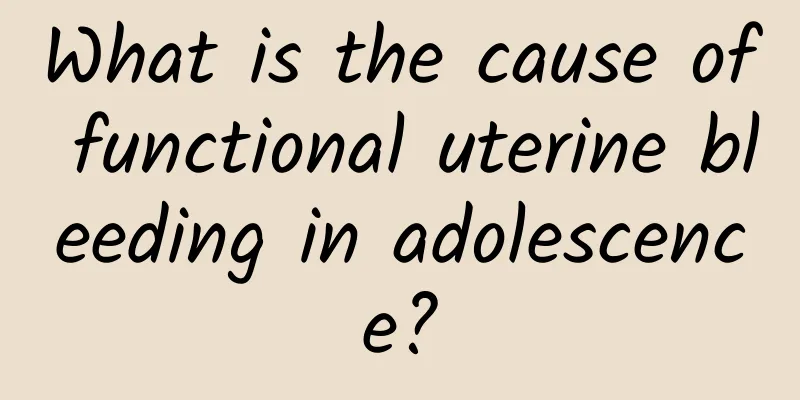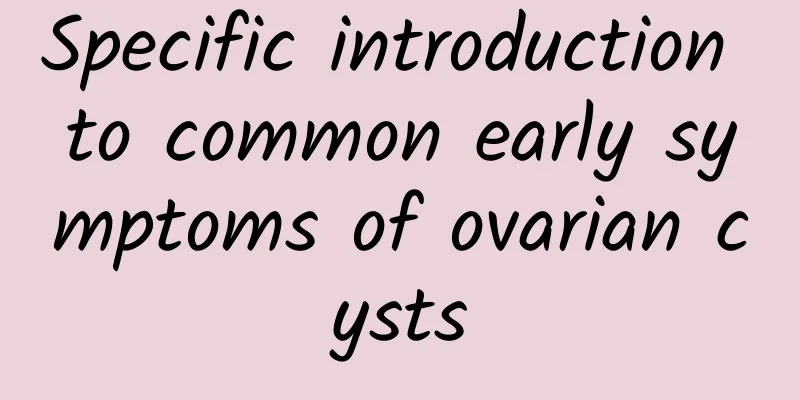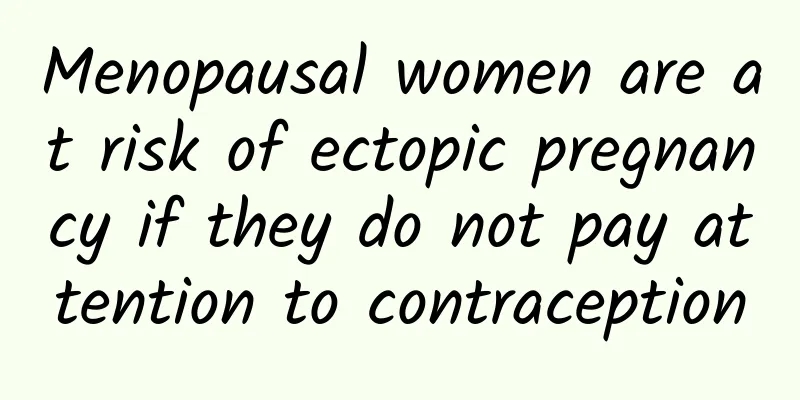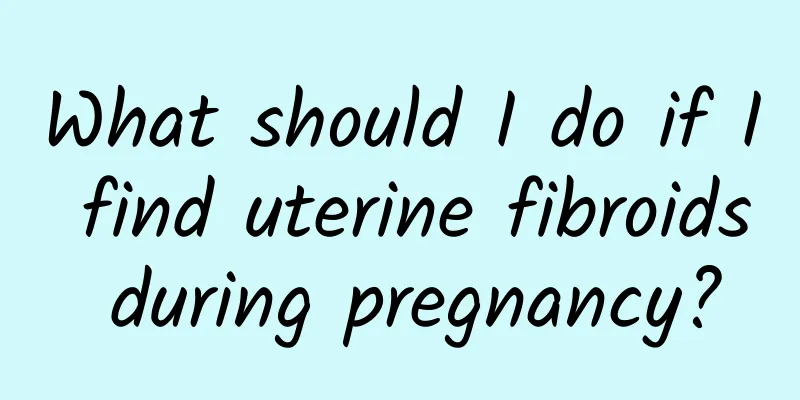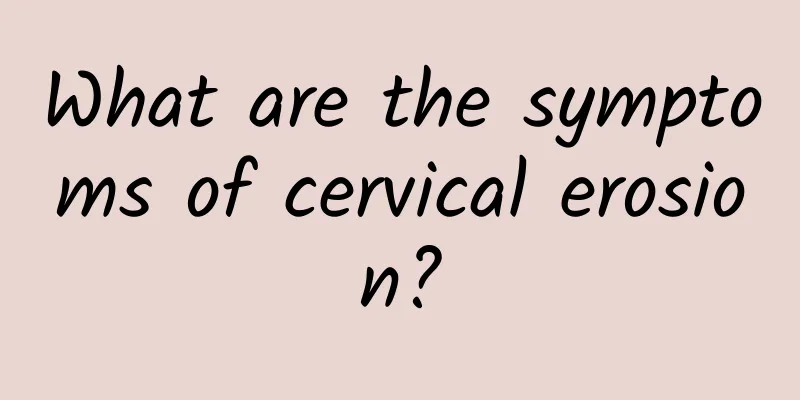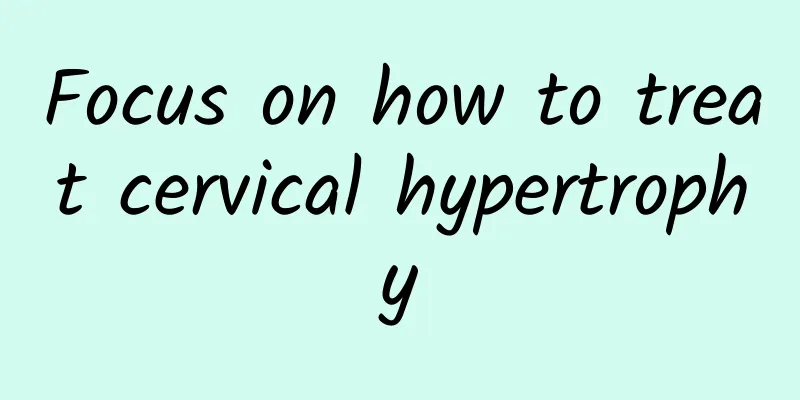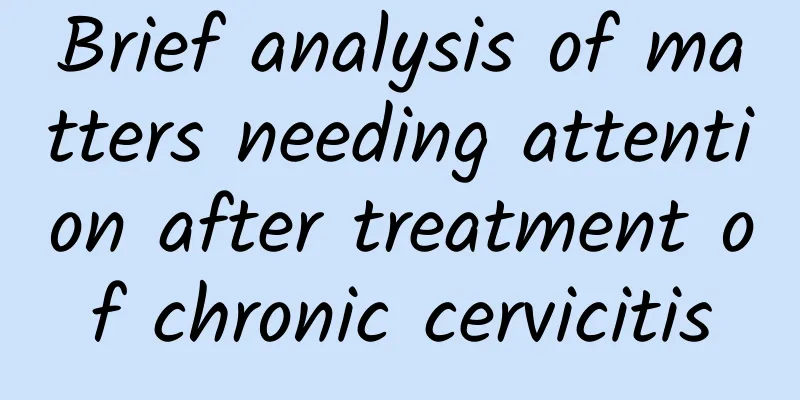Will uterine fibroids eat blood?
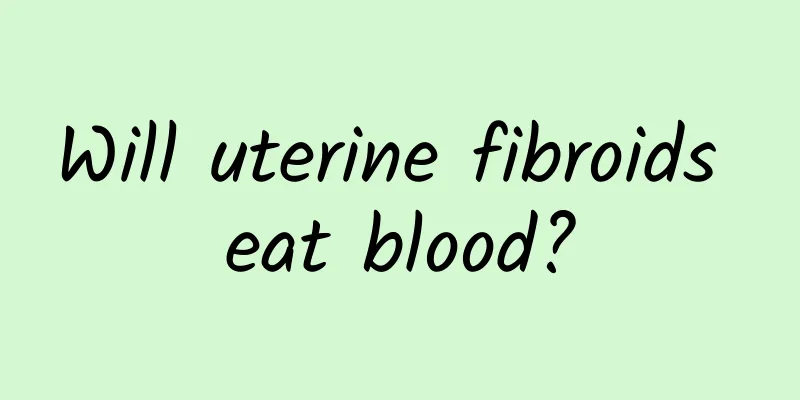
|
Uterine fibroids may cause excessive blood loss, especially when they cause abnormal uterine bleeding. Causes include increased blood flow to the uterus, endometrial dysfunction, and fibroid compression. Symptoms can be effectively relieved through medication, surgery, and lifestyle adjustments. 1Why may uterine fibroids cause excessive blood loss? The main reasons for uterine fibroids to cause bleeding include the following: Increased blood flow: Fibroid formation can lead to abnormal blood circulation in the uterus and increase menstrual bleeding. Endometrial dysfunction: Fibroids may invade the endometrium, interfering with its normal shedding process and causing menstrual cycle disturbances. Compression effect: Some fibroids, such as submucosal fibroids, will directly compress the endometrium due to their special location, causing blood vessels to rupture, thereby increasing bleeding. These factors cause women to have long-term heavy menstruation or continuous irregular bleeding, which can further lead to problems such as anemia. 2How to deal with excessive blood loss caused by uterine fibroids? Treatment should be based on the size and number of fibroids, the severity of symptoms, and the woman’s reproductive needs. Common treatments include: Drug treatment: Hormone-regulating drugs such as gonadotropin-releasing hormone agonists can reduce fibroid growth and bleeding by inhibiting estrogen. Nonsteroidal anti-inflammatory drugs such as ibuprofen can reduce inflammation and relieve menstrual cramps. Iron supplementation can alleviate iron deficiency anemia caused by blood loss. Surgical treatment: Myomectomy: Suitable for patients who wish to keep their uterus, usually for larger fibroids. Hysterectomy: This may be a complete solution for women who have severe symptoms and no longer wish to have children. Uterine artery embolization: This procedure blocks the blood vessels that supply the fibroids, thus reducing their growth. Diet and lifestyle conditioning: Eat more iron-rich foods such as red meat and green leafy vegetables in your diet to reduce and prevent anemia. Avoid excessive stress, ensure adequate sleep, and enhance the body's immunity. If the bleeding symptoms are severe or treatment is ineffective, it is recommended to seek medical attention immediately to avoid delaying the condition. Bleeding caused by uterine fibroids is a common problem, but it can be effectively controlled through medication, surgery, and lifestyle adjustments. Women should have regular gynecological examinations and pay attention to their own health. Especially if they have abnormal uterine bleeding or anemia symptoms, they should consult a doctor as soon as possible to get a solution. |
<<: What are the symptoms of functional uterine bleeding?
>>: What are the dangers of ovarian cysts
Recommend
What complications can cervical warts cause?
Because the incubation period of cervical warts i...
What are the dangers of not treating cervical warts in time?
Many patients think that cervical warts are a dif...
What is multiple uterine fibroids? What are the hazards of multiple uterine fibroids?
If a woman has special circumstances such as heav...
What are the causes of uterine fibroids and what are the treatment drugs for uterine fibroids?
Uterine fibroids are divided into uterine fibroid...
Can counting calories make you lose weight? Stop cheating your body, you can't fight your brain
You may have noticed that I have repeatedly empha...
Can young women with amenorrhea get pregnant?
Can a woman with amenorrhea get pregnant? Amenorr...
Can chronic cervicitis be cured? The correct method of drug treatment for chronic cervicitis
With the continuous change of people's living...
Is pelvic peritonitis difficult to treat?
We know that the incidence of pelvic peritonitis ...
How to distinguish between physiological leucorrhea and pathological leucorrhea!
Leucorrhea is a liquid that is secreted from the ...
Can pelvic peritonitis heal on its own?
Is there any basis for the theory that pelvic per...
Is it expensive for patients with endometrial tuberculosis to see a traditional Chinese doctor?
The key to treatment is early stage. Some patient...
What should I do if I have uterine fibroids? What are the dietary treatments for uterine fibroids?
Uterine fibroids are common conscientious tumors ...
I had no bleeding after a week of abortion.
If you have intercourse one week after an abortio...
What should I do if I have pelvic inflammatory disease? It is very harmful
The harm of pelvic inflammatory disease is very s...
Will you gain weight more after fasting? The yo-yo effect may increase the risk of disease! 4 tips for healthy weight loss
People who want to lose weight often hope for imm...
